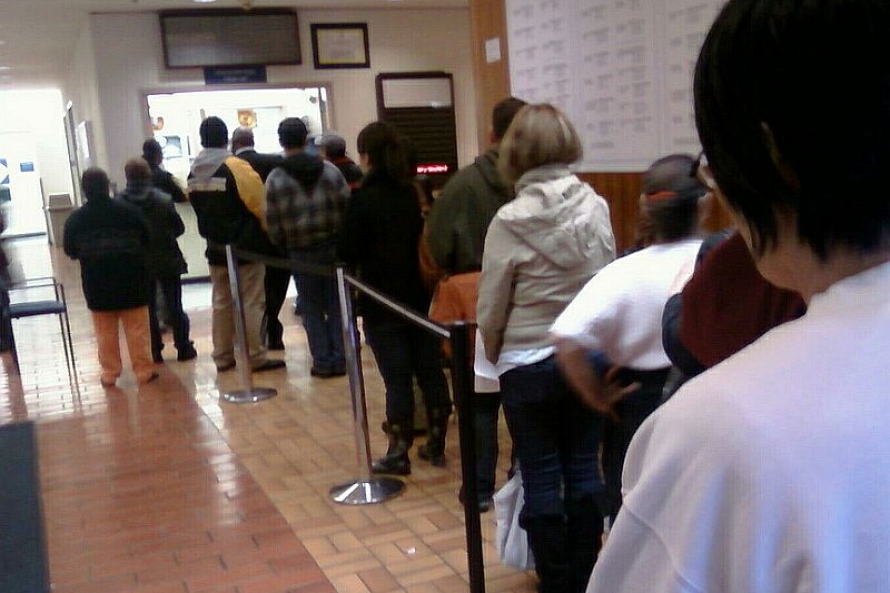The unemployment rate (the share of unemployed persons in the total active population) in the second quarter accounted for 10.7%, and over the year it has declined by 0.8 percentage points (in the 2nd quarter of 2013 - 11.4%).
As compared to the previous quarter it declined by 1.2 percentage points (in the 1st quarter of 2014 - 11.9%).
However, in one worrying trend, the share of young unemployed persons (aged 15-24) in the total number of economically active youth in the second quarter was 21.1%, which is 0.9 percentage points higher than a year ago (20.1%) and 2.8 percentage points higher than in the previous quarter (18.2%).
In the second quarter of 2014 there were 106,000 people registered as unemployed persons aged 15-74 in Latvia and 502,000 people classed as "economically inactive."
42,000 persons or 40.2% of the unemployed in the age group of 15 to 74 years were long-term unemployed who have been seeking job for 12 months or longer. This share dropped by 8.6 percentage points, as compared to the second quarter of 2013 and by 3.4 percentage points compared to the previous quarter.
"The share of unemployed young people is high because only a small amount of young people work and together with the unemployed comprise the total number of economically active youth against which the share of the unemployed is calculated. A large share of youth is still studying and not seeking job thus they are economically inactive," CSB explained.
Latvia's unemployment rate is now better than Lithuania's (11.2%) but lags some way behind Estonia's (6.7%).
Commenting on the figures, Swedbank economist Lija Strašuna said: "Uncertainty and cautiousness of companies has increased due to recent Russian embargo and its negative effect on turnover, cash flows and profitability of farmers, food manufacturers and carriers. Therefore we do not expect employment growth to recover in the nearest time.
"However, with the current level of sanctions we do not also expect massive layoffs, since influence of the embargo on the whole economy is relatively limited. We still forecast the unemployment rate to be below 11% on average this year. Risks remain on the downside though."






























